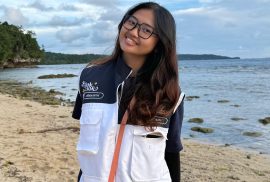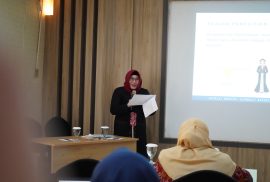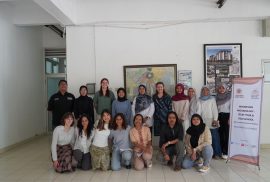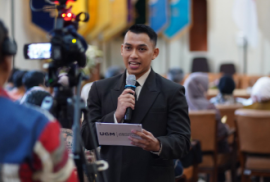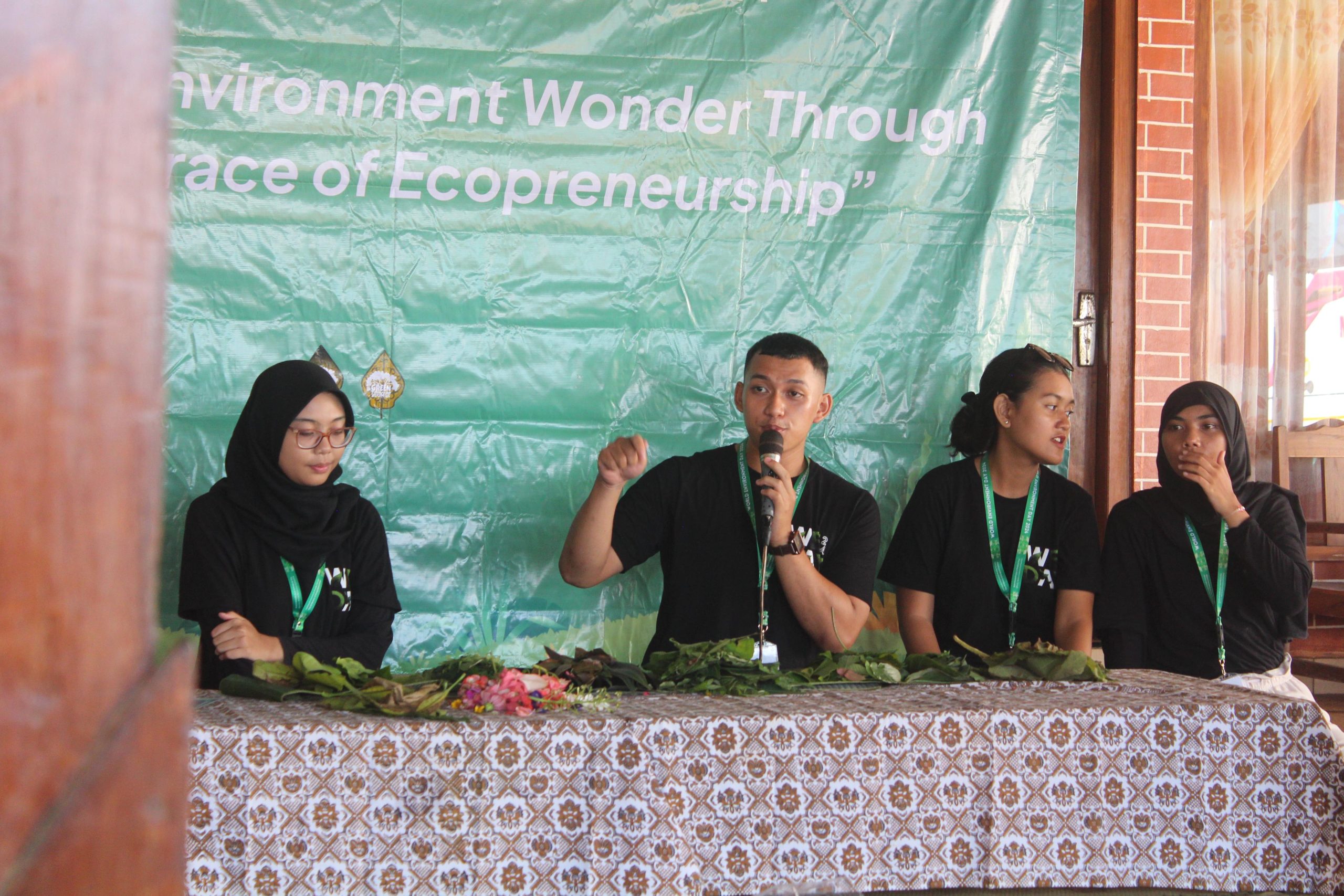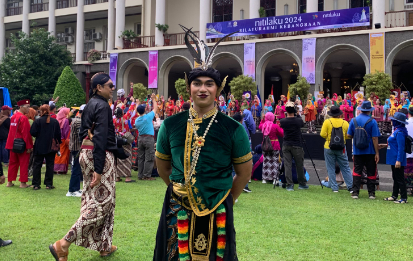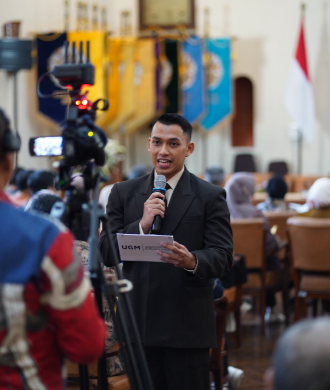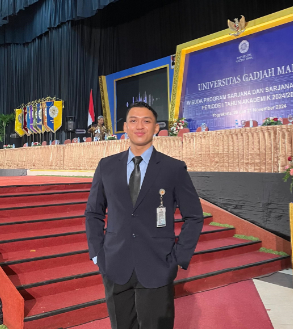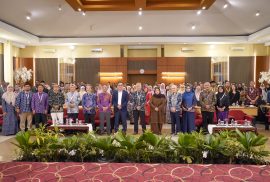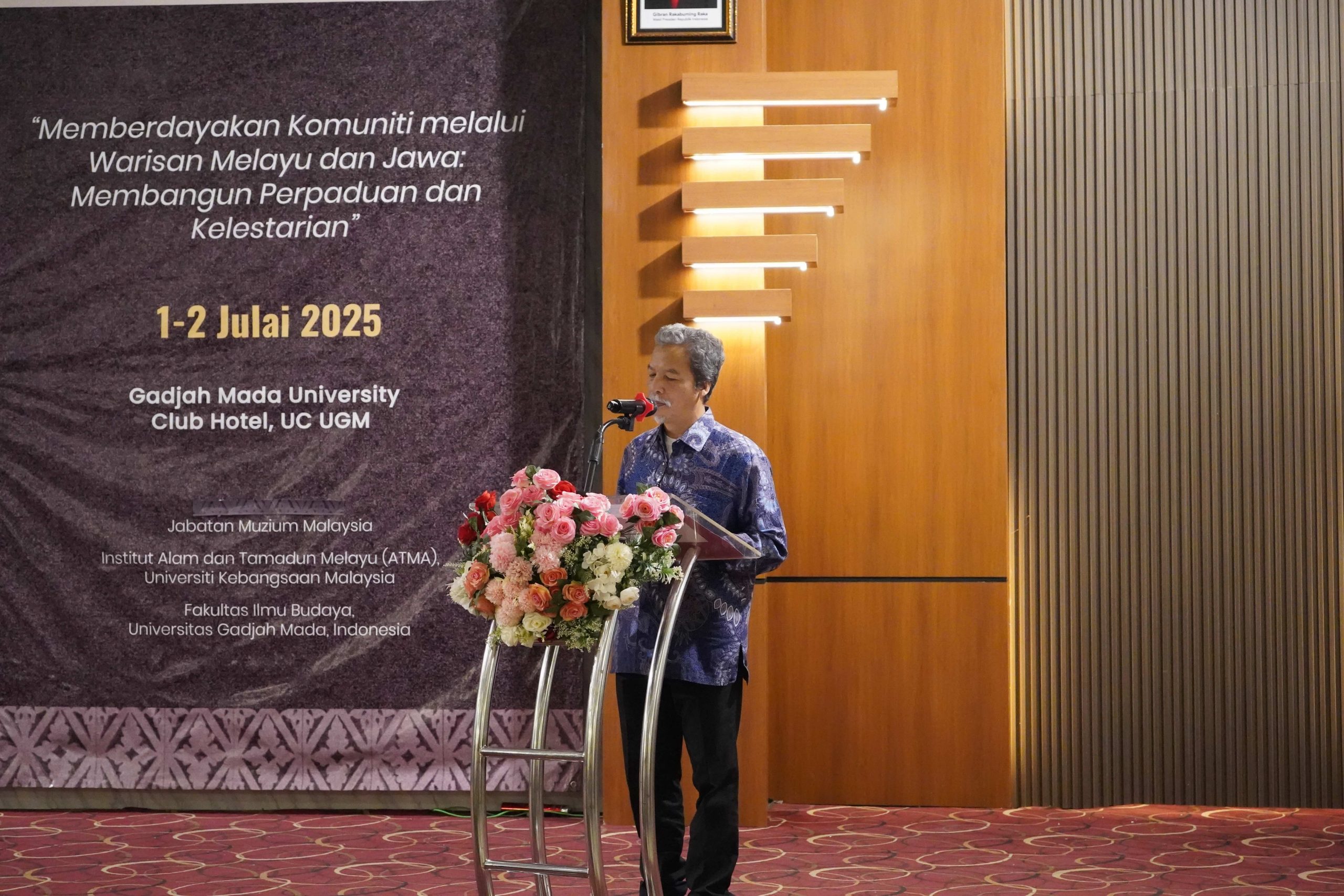Yogyakarta, July 7, 2025 — Ajengkanthi Prabaningjati, a 2022 student of the Japanese Language, Literature, and Culture Program at the Faculty of Cultural Sciences (FIB), Universitas Gadjah Mada (UGM), is currently participating in the Community Service-Learning and Empowerment Program (KKN-PPM) Period II of 2025 in Wardo Village, West Biak, Biak Numfor Regency, Papua Province.
Ajeng is part of a KKN team called Biak Elok, whose main program theme is “Optimizing Sustainable Marine Resources to Realize a Blue Economy.” The program focuses on empowering local communities through the sustainable utilization of marine wealth. “Most people in Wardo Village work as fishermen, with fish as the main commodity,” explained Ajeng.
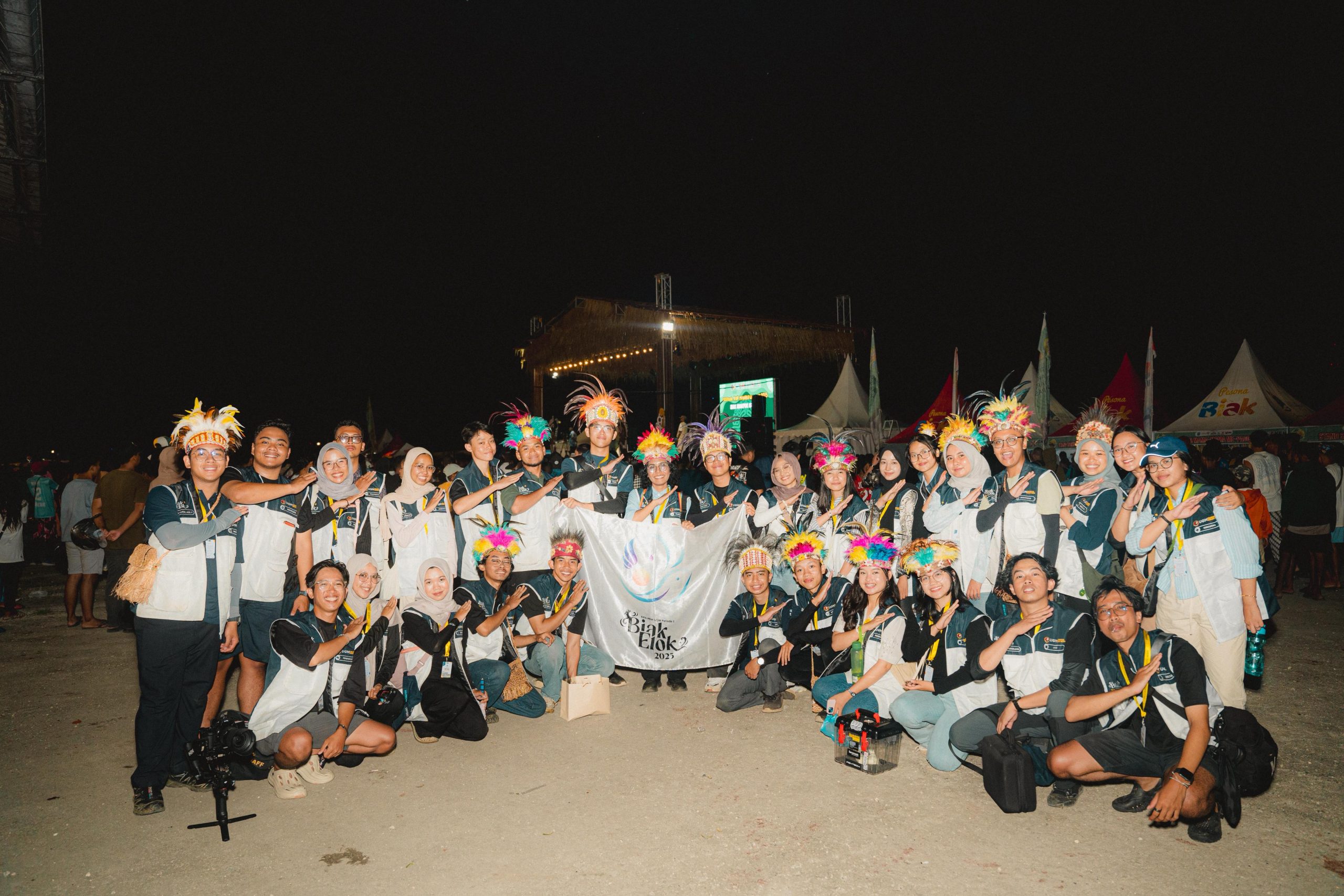
Within the team, Ajeng serves as the Coordinator of the Education Division. Together with her team, she focuses on teaching activities, especially for elementary school children, with an emphasis on character education. “The education division and I focus on teaching the elementary school children in Wardo, but we also open community classes for anyone who wants to learn in the Church environment, and we also assist as mentors for Sunday school. I hope we can make a lasting impact on the children here,” she expressed.
During the KKN program, Ajeng and her fellow team members stayed at the GKI Betel Wardo Church. They were warmly welcomed and cared for by a couple they affectionately call Mama Regina and Papa Ben. “Mama and Papa have been a great help to us, especially in terms of food. Not only that, but the Church community has also been very friendly and welcoming. The children often play with us too. Honestly, I feel very grateful to be accepted here,” added Ajeng.
Despite the remote location, the Biak Elok team managed to gain attention on social media. Thanks to their media team’s creativity, various moments from their community service from the natural beauty of Wardo Village to heartwarming interactions with the children—were captured in videos uploaded to Instagram and TikTok. Some of the posts even went viral and received positive responses from netizens.
One of the most touching experiences for Ajeng during the KKN program was witnessing the enthusiasm for learning among the children in Wardo Village. “Their eagerness to learn and their deep curiosity I think that’s already a strong foundation for them to achieve their dreams,” she said.
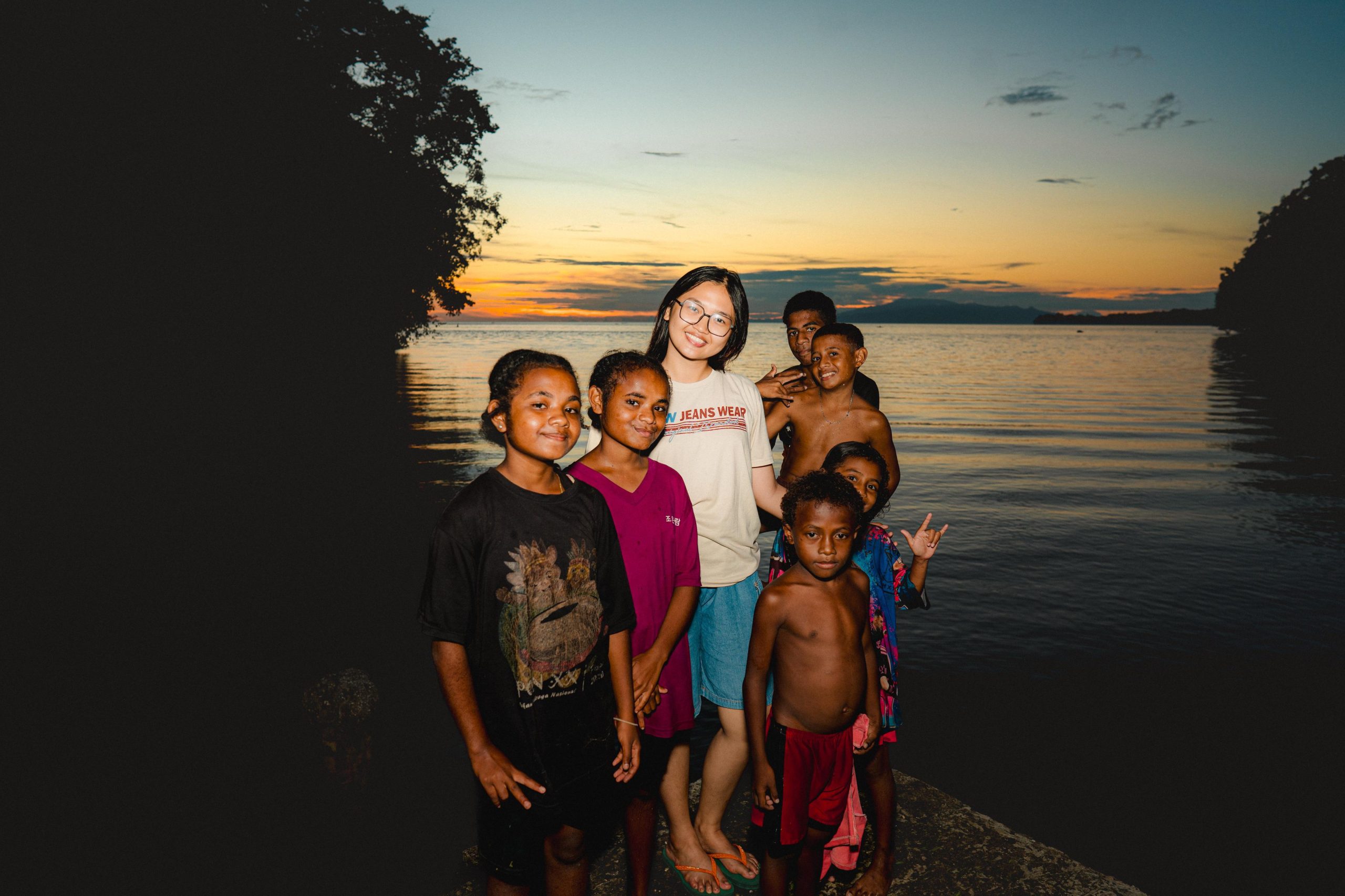
At the end of the interview, Ajeng shared a message for fellow students, especially those from FIB who will undertake KKN. “In my opinion, KKN is a once-in-a-lifetime experience that not everyone gets to have. So when your time comes, try to enjoy every part of it. From the small things that may seem trivial to the big moments that will teach you a lot. I hope FIB friends can discover new, meaningful, and memorable stories through their journey.”
[Public Relation, FIB UGM, Alma Syahwalani]

